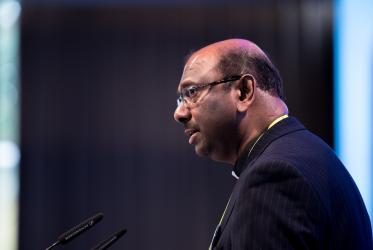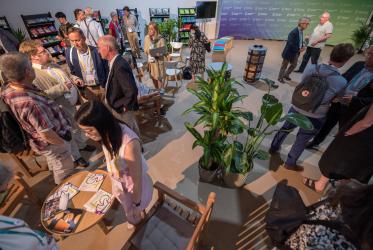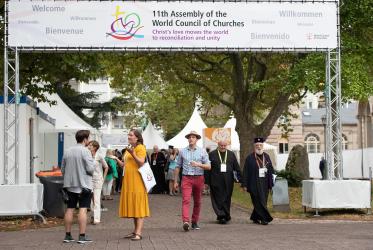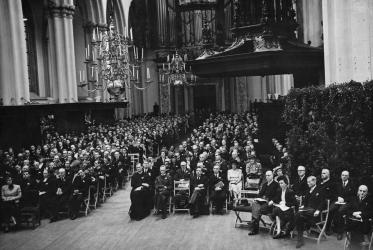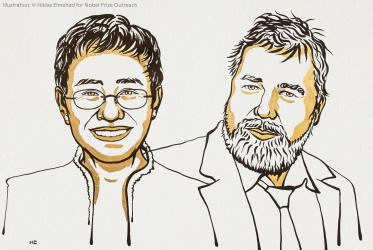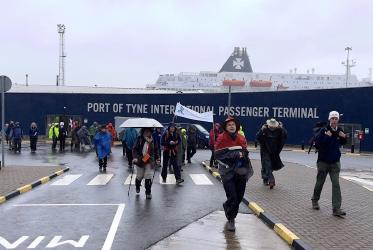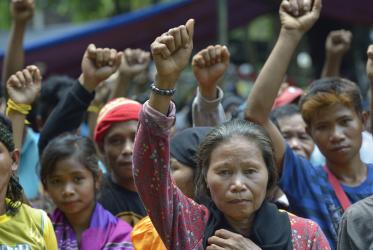Displaying 1 - 20 of 139
Ecumenism in the Philippines means hope and resilience
22 August 2023
At assembly and beyond, WCC publications inspire and move
14 September 2022
WCC mourns passing of Rev. Dr Jose Pepito Manansala Cunanan
18 October 2021
WCC congratulates 2021 Nobel Peace Prize laureates
14 October 2021
Le COE félicite les récipiendaires du prix Nobel de la paix 2021
11 October 2021

